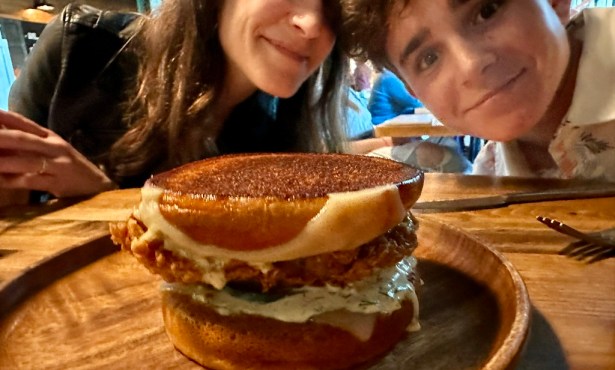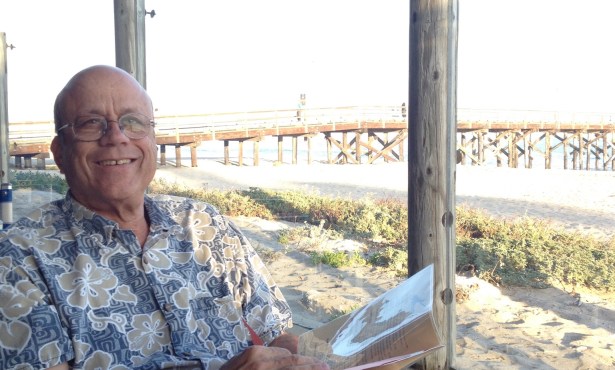Talkin’ ‘Bout My Generation
Kids These Days Love Classic Rock
I was listening to the radio earlier this week when one of the hosts began talking about the Eagles. She claimed that more people ask her for tickets to Eagles concerts than tickets for any other band. This didn’t surprise me at all, not just because the Eagles appeal to such diverse groups of people, but because one of those groups is teenagers.
I’m devising no elaborate theory when I say that lots of kids like their parents’ music. I nonchalantly rummage through Eric Clapton, Bob Dylan, and Crosby, Stills and Nash CD’s on a regular basis. I seem to listen to 99.9 at least as frequently as the other stations aimed at my age group (and often with more tolerance). I without a doubt prefer the popular bands of ’65 to the ones of ’09, and I’m no defect child.

This is the norm now, even if the popularity of “classics” hasn’t always been so immense. (My parents don’t still listen to forties jazz, for instance.) Referring mostly to mid-’60s through early ’70s, but really regarding a range more than 20 years, there is a passion in that era’s in music that not only lingers but is developed in newcomers. There is something about some of the guitar chords, twangy voices, and revolutionary qualities that is irresistible. I guess the whole nation caught onto this too: A few years ago the fashion fad of wearing Pink Floyd and Stones shirts wasn’t random.
But we should make no mistake about this popularity: It in itself is no trend. It has been steady for years, and if it isn’t growing it’s at least staying constant. (This was confirmed to me yesterday when a kid who sits behind me in class began singing Carole King, only to be accompanied by his friend.)
My generation adds its numbers to the massive group of people who keep rock classics alive. It’s not because there is a lack of musical talent right now. There is some good music being turned out. Amazing music. But will it last in the same way those legends have? I doubt it. A friend brought up a thoughtful point when we were discussing this earlier in the week: the very diversity of our generation’s music makes it impossible for there to be one or two “big things.” That is simply impossible if interests are split among reggae, hip hop, indie rock, soft rock, country, and combinations of all of the above. Plus, the “big things” in the media now tend to be teeny-bopper-attracting musicians who disappear after a couple of years and never truly captivate the majority of people anyway. In other words, they were never genuine “big things.”
It could also be that the music business is down to a serious and precise science. Companies know how to sell sheer celebrity, and I think the appeal of talent can be easily lost because of that. But this negative doesn’t detract too much from our situation. Because of our interest in the old and new, we live in a great time for music as long as we look for the good stuff, which exists in massive abundance. Oldies are a part of the mix.
So when you see a kid blasting the Talking Heads, don’t be alarmed: You aren’t back in your twenties. You’re in 2009, that’s all.



